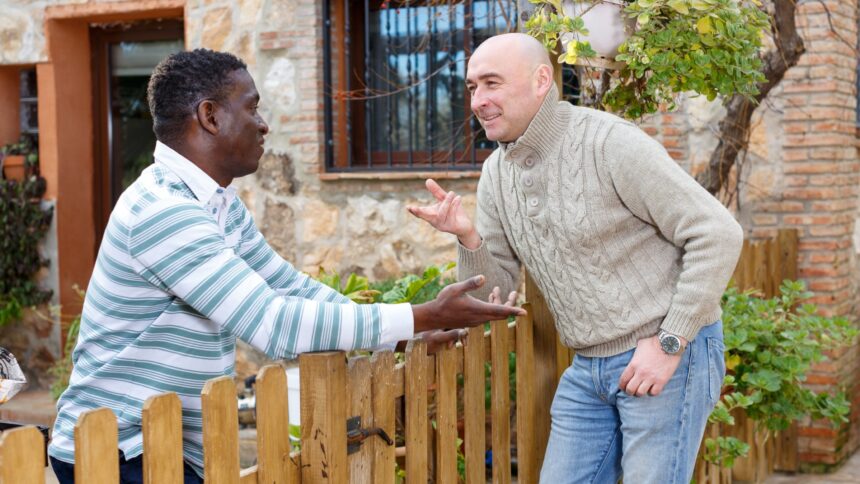When we hear the word ‘commandment’ as it relates to the Bible the first thing that may come to mind are the ten commandments. The ten commandments summarize the whole law and ordinances given to Moses. When you read them, it’s liking reading a very condensed summary of the law given to the Hebrews through Moses. It is interesting that the Hebrews were a tribal people before this historic event, but once they were given commandments and ordinances, they became a nation. To become a nation the Hebrews needed laws and social structure. They are called by God to be a nation within the nations, a nation through which other nations can see and recognize the one true God. They showed this by the way they behaved, worshipped and remain faithful to their God.
Jesus went a step further when He was asked what is the most important commandment. He summarized the law and the prophets even further than the ten commandments. He summarized it all in two commandments. Talk about going straight to the point!
Matthew recorded this exchange in Matthew 22:36-40 which says:
“’Teacher, which is the most important commandment in the law of Moses?’ Jesus replied, ‘You must love the Lord your God with all your heart, all your soul, and all your mind. This is the first and greatest commandment. A second is equally important: Love your neighbour as yourself. The entire law and all the demands of the prophets are based on these two commandments.’”
Out of the 10 commandments, the first 4 relate to our relationship with God, which Jesus summarizes in the first commandment in His response. The other 6 commandments given to Moses are relational commandments. How we must behave among ourselves. Those commandments are summarized in Jesus’ second commandment in His response,
“A second is equally important: ‘Love your neighbour as yourself.’
Jesus helped us understand God’s heart by laying down the theology in simple terms. Love God first with everything you have and do the same with your neighbour.
But how are we supposed to do this and to whom?
The how is not hard to understand. Jesus leaves little space for debate. He even reinforces how to do this by condensing this commandment in what we know as the golden rule “Do to others whatever you would like them to do to you. This is the essence of all that is taught in the law and the prophets.” – Matthew 7:12.
It’s simple, love your neighbour by doing to them what you would like to be done to you if you were in that same situation. It is easy to point and blame, but the weight of guilt doesn’t feel the same if we are the ones at fault, does it? Jesus masterfully explains the truth of the Kingdom with this commandment. Don’t give what you are not willing to accept; or in other words, give what you have.
If you have received forgiveness, grace and love, then you have forgiveness, grace and love to give. Jesus has forgiven you and His grace has reached you, His love has transformed you. In the same way, you should also forgive and give grace to those who have offended you.
Who is our neighbour?
This question is not hard to answer – it’s everyone around us. Jesus is not using the term neighbour to refer to a correspondence in relationship (friend, family member, brother or sister in Christ). It is easy to rotate around people we like and with who we feel comfortable. Jesus is using the term ‘neighbour’ to refer to everyone that is literally next to you. This includes the people that you may not like that much. Especially those people!
Jesus teaches us that doing good to people we like is easy, but our Father demands us to do good to those who do us wrong as well. ‘Love your neighbour’ is a commandment to meet the people around us where they are. Don’t judge them, instead make a genuine effort to understand them and love them so much that you help them. At one point in your life you were them, and someone loved you enough to see through your flaws and present to you the message of the cross.


